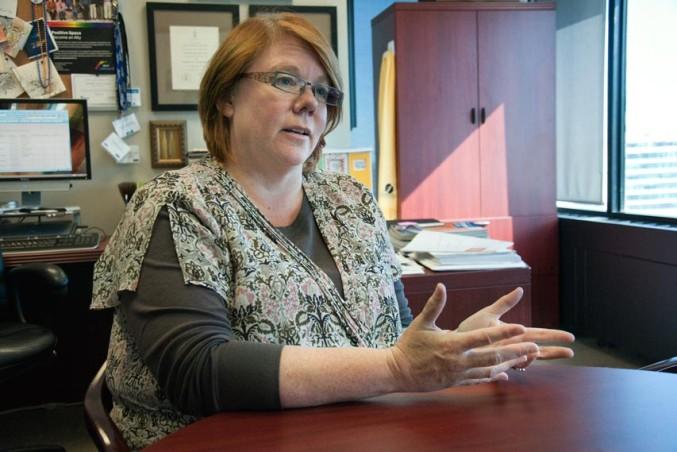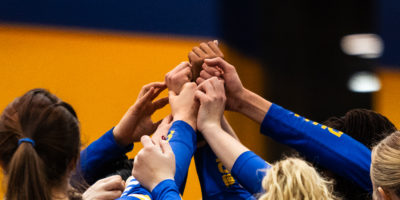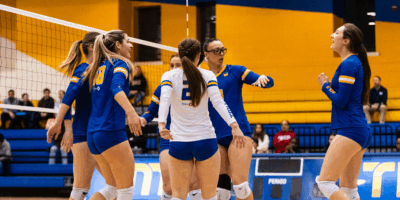By Brad Whitehouse
Associate News Editor
Students trying to stop a controversial event on campus will likely be asked to read Ryerson’s new Statement on Freedom of Speech passed by Senate last May.
“It’s a statement about how we allow freedom of speech, that we don’t shut down events,” said Heather Lane Vetere, Vice Provost Students, who sits on the academic governance and policy committee that wrote the statement.
Vetere said the new document, which has been in the works since last fall, is likely a result of Ryerson trying to keep up with other schools like the University of Toronto who already have a freedom of speech statement.
“It may have been the case that we said ‘Hey, we want that too,” she said.
“There was no rush to get it done by a certain date. We just wanted to get it right.”
Faculty and students, including Liana Salvador, vice-president education for the Ryerson Students’ Union, contested the wording of the statement, which originally outlined the university’s ability to act to prevent free speech, “that interferes with university business.” The contentious sentence was removed from the final draft that was passed.
Vetere said controversy arose from a misconception that the university would use the statement to limit free speech on campus. She said the sentence was originally included to stop protestors from preventing students and faculty from taking part in regular university affairs.
Imre Juurlink, Ryerson security services supervisor, said security only intervenes with campus events when they become violent or dangerous.
“What we tell our staff is the university supports everyone’s rights for freedom of expressing their opinion. We’re there only to ensure the safety of everybody.”
Earlier this month, freedom of speech on university campuses became an issue after five students at Carleton University were arrested when they tried to set up a controversial pro-life demonstration on-campus. Students were arrested and fined for trespassing.
But in the heart of downtown Toronto, Ryerson is in a unique position when it comes to on-campus demonstrations.
“A lot of the streets that we consider our street aren’t our streets, they are public streets, and therefore the city or the police are going to define a lot of what can happen on those streets,” Ryerson President Sheldon Levy said.
“Gould, Gerrard, we don’t control those streets and therefore it’s a different sense of what is permitted.”
Photo: Marta Iwanek












Paul Elam
“Students trying to stop a controversial event on campus will likely be asked to read Ryerson’s new Statement on Freedom of Speech passed by Senate last May.”
Such a great idea. Perhaps they should ask the members of the Ryerson Student’s Union to read it as well. They have worked actively to shut down the exploration and discussion of men’s issues on that campus, and have done so successfully.
Where were those then who “just wanted to get it right.”?